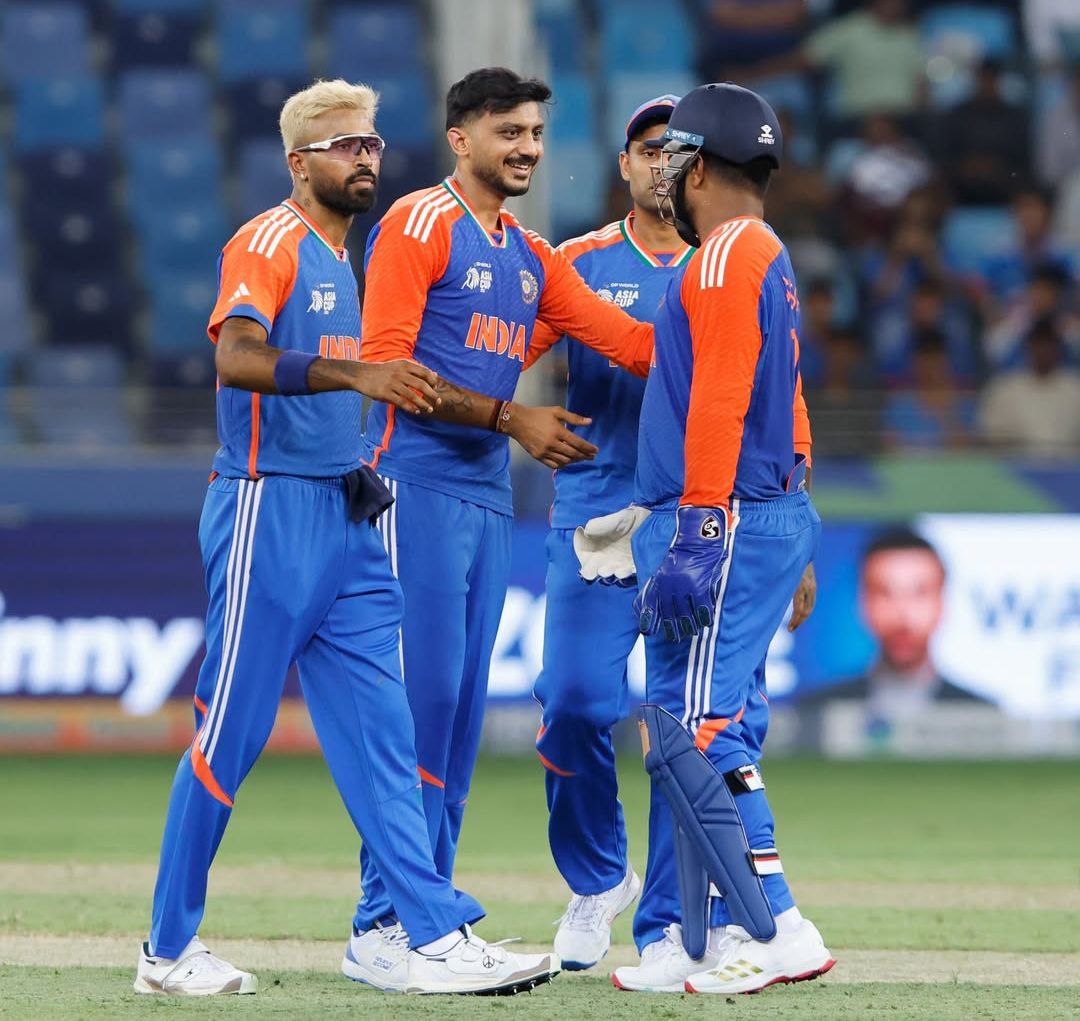- January 29, 2026
- Updated 12:56 pm
#INDvsPAK: Pride, politics or profit?
Strap: The nation holds its breath this Sunday as cricket, commerce & patriotism intertwine in the ultimate rivalry
Blurb:
The mood on the streets is unforgiving. Many believe the BCCI has mastered the art of selective nationalism, quick to drape itself in the flag when convenient, yet quicker still to switch into money-making mode when India-Pakistan cricket beckons
Byline: Rakesh Ganesh
The Asia Cup may have kicked off on Tuesday, but let’s be honest, cricket’s biggest stage will truly light up only tomorrow, when India and Pakistan lock horns in Dubai. For organisers, sponsors, and millions of fans on both sides of the border, this clash isn’t just another group-stage fixture, it’s the heartbeat of the tournament.
An India–Pakistan showdown is always a spectacle, but with tensions still simmering from the recent border standoff, the game carries a weight far beyond cricketing rivalry. This time, the stakes stretch into matters of national pride, spilling from the pitch to the courtroom, with even the Supreme Court drawn into the fray.
Is this just about sport, or has the game once again become a pawn in the hands of those perched high in power?
The big picture
Nearly two decades have slipped by since India and Pakistan last squared off in a Test match, and over 13 years since either side dared to cross the border for a bilateral series. Yet, between September 14 and 21, the Asia Cup could script the unthinkable three high-voltage encounters between the arch-rivals in just seven days, if results align as organisers dream.
For two nations bound by history yet divided by politics, cricket has often been the last surviving bridge. The wounds of Partition, the wars fought, the endless border skirmishes, most of it rooted in the Kashmir dispute have ensured that sporting ties remain hostage to political currents.
The Asia Cup is no stranger to political influence and has faced the repercussions of strained ties between the two. When India hosted the tournament in 1990-91 amid an uprising in India-administered Kashmir, Pakistan pulled out. The following edition, in 1993, was called off amid heightened tensions between the two sides. But despite the strained relations on a political level and the current cricket impasse, which began in 2013. And yet, paradoxically, every ICC or ACC event finds a way to unite them on the same pitch.
So, the boycott has happened before. But why does cricket as a bilateral venture remain impossible, while tournament organisers can manufacture three encounters in a fortnight? The answer lies not in diplomacy, but in economics.
For the ICC and ACC, India-Pakistan isn’t just a match, it’s the gold mine of cricket. In cricket, when a global event is planned, the organisers do not consider rankings or any other factors. It’s all about making sure India and Pakistan play against each other at least once (as everyone knows!). The game’s administrators have admitted to tweaking formats and fixing draws to guarantee at least one showdown, knowing full well the numbers it pulls.
Viewership peaks, advertisers jostle, and broadcasters demand it above all else. Post-tournament viewership figures confirm the high ratings for India-Pakistan matches. Simply put, the clash bankrolls the sport. Despite India’s recent policy forbidding bilateral sporting ties with Pakistan, banning its athletes from travelling there and refusing to host Pakistani teams, the green light remains firmly on for global tournaments. Politics may dictate the borders, but when it comes to cricket’s most bankable rivalry, it just seems even governments and cricket boards cannot resist the pull of eyeballs, ratings, and revenues.
The public census
The mood on the streets is unforgiving. Many believe the BCCI has mastered the art of selective nationalism, quick to drape itself in the flag when convenient, yet quicker still to switch into money-making mode when India-Pakistan cricket beckons.
As the guardian of Indian cricket, the BCCI carries not only power but an immense responsibility. Yet the lingering question remains – is profit now valued above patriotism? Is cricket being placed on a pedestal higher than fallen soldiers and grieving families? The board insists its hands are tied, pointing to government rules that permit participation in multi-nation events. But since when did regulations become substitutes for resolve? History has shown us that sport is more than just competition; it can be a declaration of resilience. One could think of Afghanistan’s cricket team, rising from the rubble of war. At the same time, sometimes the greatest act of resistance is refusing to play at all.
Yet, not everyone sees it that way. The BCCI, along with several influential voices, has mounted a defence of its stance. Legendary World Cup-winning captain Kapil Dev has urged restraint, insisting the matter is being blown out of proportion. “The government will do its job, and the players should do theirs,” he said. For him, sport and politics should not be forced into the same arena. But the discontent has already spilled into the courts.
Four law students filed a petition arguing that staging the India-Pakistan clash so soon after the Pahalgam terror attack and Operation Sindoor amounts to an “insult” to national interest. Their plea, however, was swiftly dismissed. When it reached the Bench of Justices J.K. Maheshwari and Vijay Bishnoi for urgent listing, the response was curt, “What is the urgency? It’s a match, let it be.” A match, perhaps, but one carrying the weight of a nation’s conscience.
One side cloaks itself in patriotism, while the other in the armour of rules that could be bent. The nation watches, restless, awaiting Sunday, the day the cricket field itself may serve as the final referendum.

